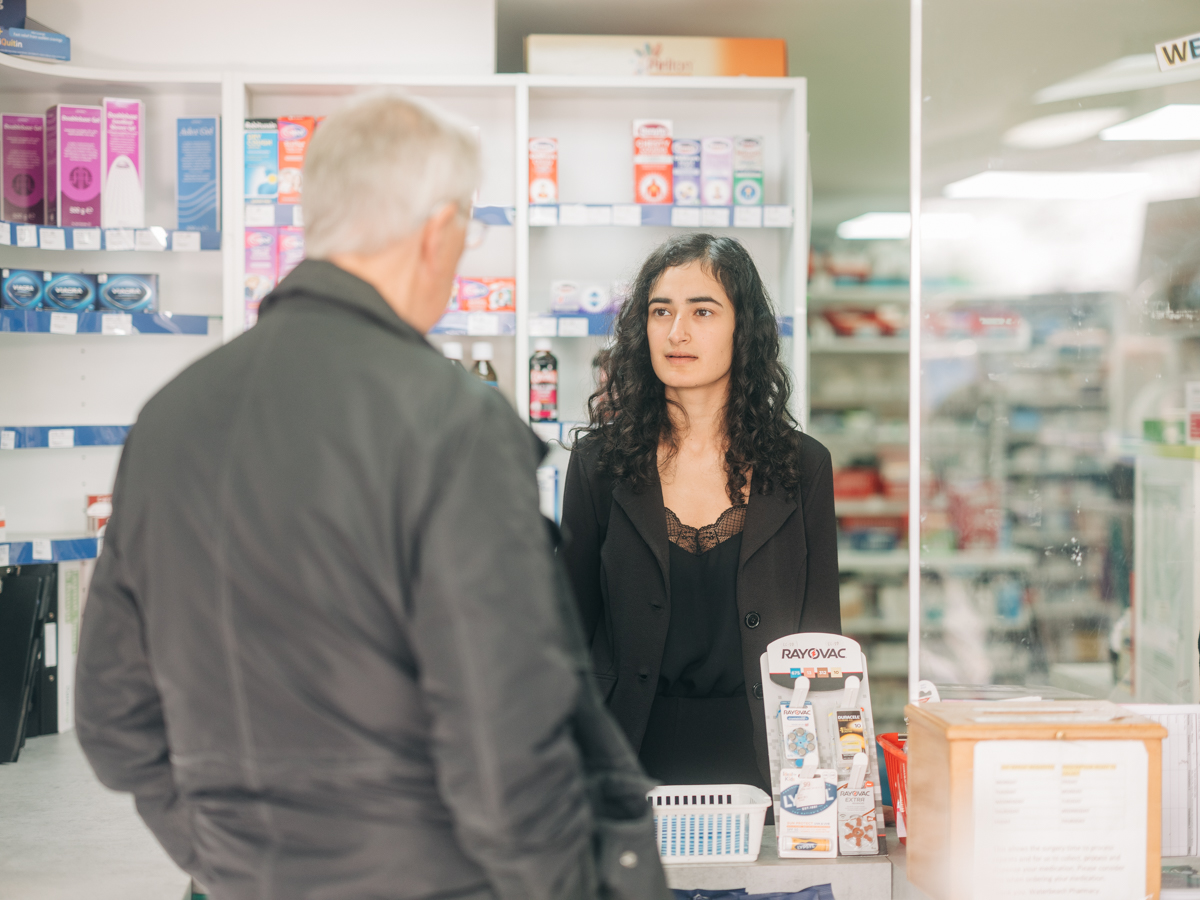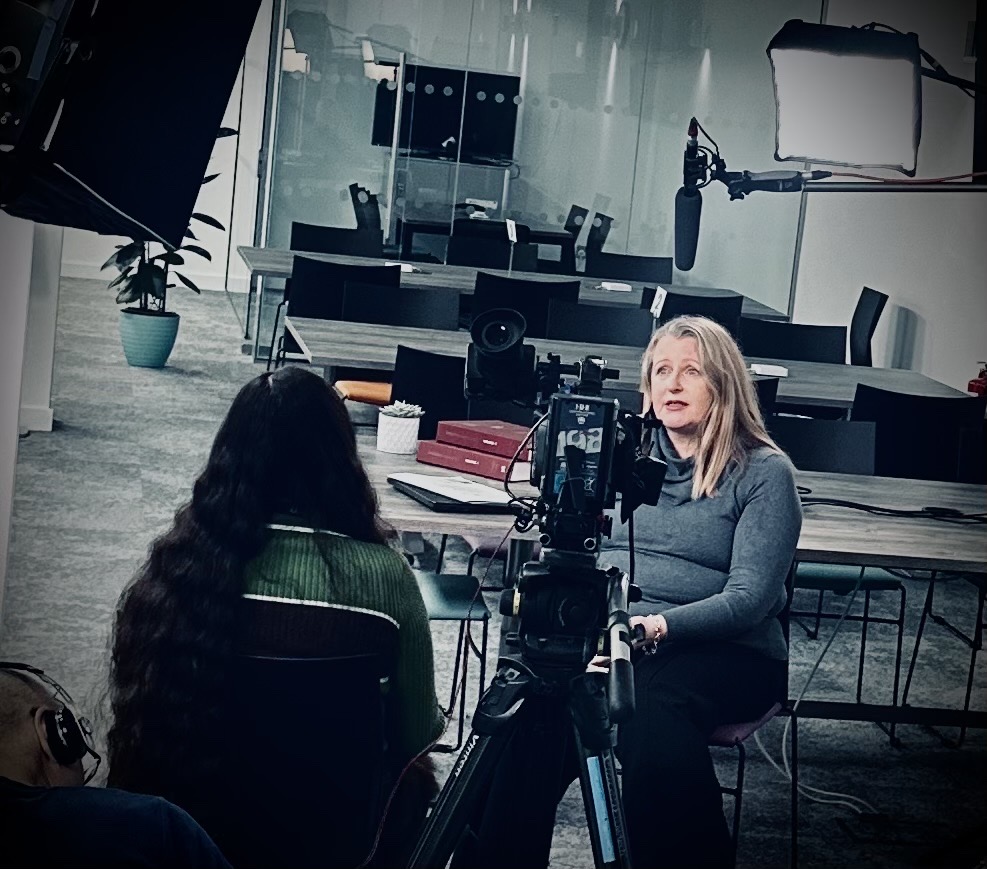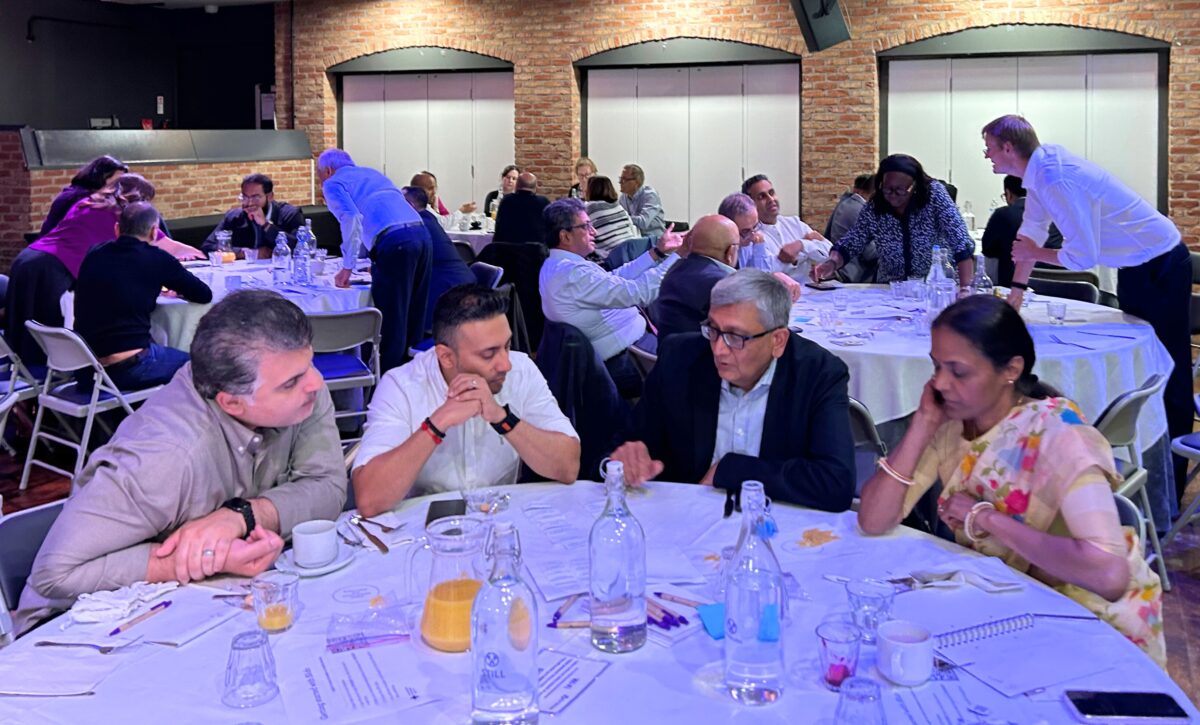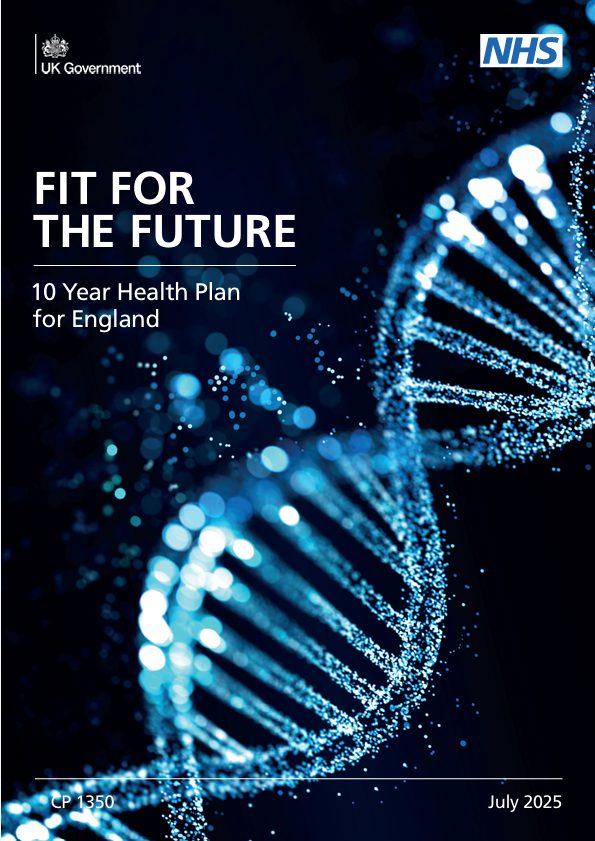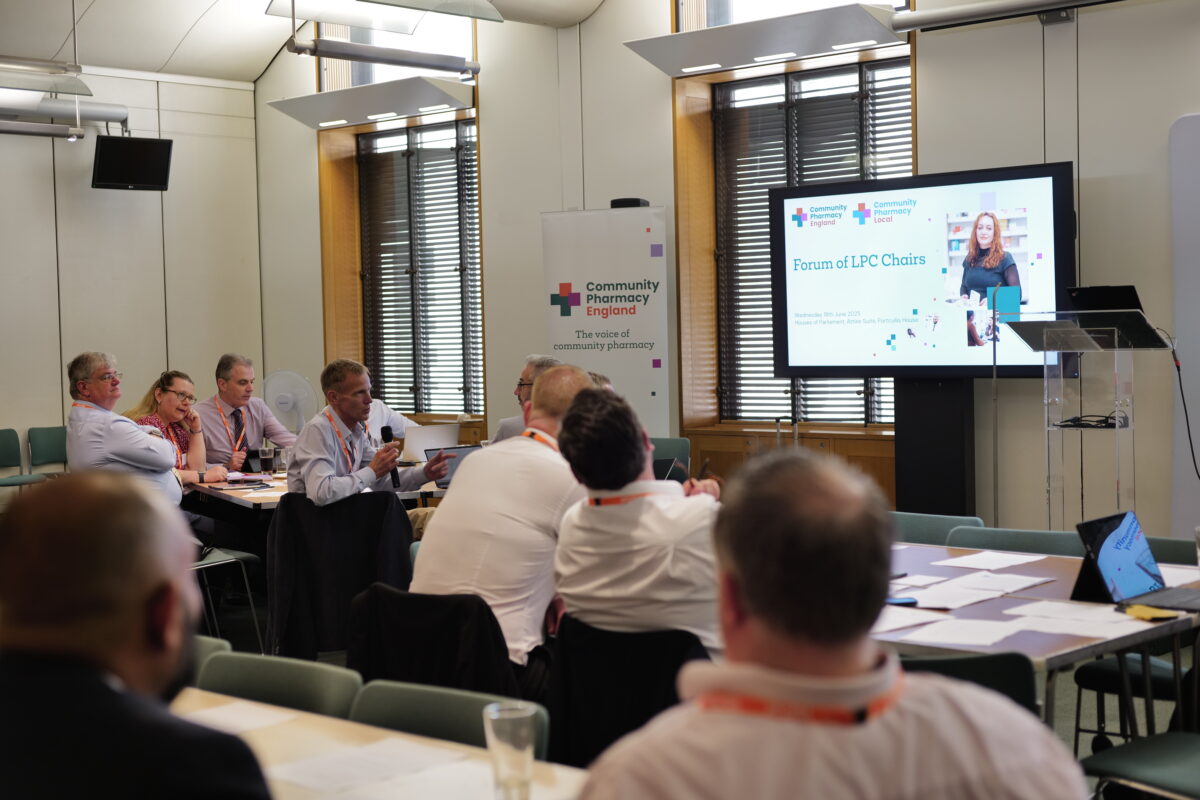Neighbourhood health and Integrated Neighbourhood Teams
Published on: 1st August 2025 | Updated on: 5th November 2025
Neighbourhood health is a key part of the NHS 10 Year Health Plan for England, published on 2nd July 2025.
The publication acknowledges the current hospital-centric approach of the NHS and the need to shift to provide continuous, accessible and integrated care via the development of a neighbourhood health service.
The plans says this will bring professionals into patient-centred teams, reducing fragmentation of care and improving access to general practice and enabling hospitals to focus on providing specialist care.
The Government says the neighbourhood health service will embody their new preventative principle that care should happen as locally as it can: digitally by default, in a patient’s home if possible, in a neighbourhood health centre when needed, in a hospital if necessary.
For LPCs, read more information on working with Integrated Neighbourhood Teams
Click on a heading below for more information
Integrated Neighbourhood Teams will play a central role in improving health outcomes, focusing on prevention, shifting care towards primary and community services, and reducing health inequalities.
There is growing consensus on what and who these teams should include. At their core, they will bring together professionals who regularly interact with the local population and with each other. These teams typically include:
- General practice (GP) staff and other primary care workers
- Community nurses, health visitors, and allied health professionals (AHPs)
- Mental health workers
- Social care and home care staff
- Children’s services staff
- Community pharmacists, dentists, and optometrists
- Voluntary, Community and Social Enterprise (VCSE) organisations
- Other relevant local agencies
This is often described as a “team of teams” approach. A key goal is to simplify how people access care by reducing the number of different entry points and replacing complicated referral systems with faster communication and more collaborative, team-based care. In some cases, this could mean combining administrative teams and having one clear point of contact for coordination.
These teams will also be able to access specialist support when needed, particularly for services that are better managed across a wider area—such as palliative care, housing support, musculoskeletal (MSK) services, dietetics or hospital-based care.
Latest update
On 9th September, DHSC announced the selection of 43 sites from 141 applications to take part in phase one of the NNHIP, with £10m of funding being allocated to the programme.
The 43 sites are:
- South and West Hertfordshire (Dacorum and Hertsmere)
- North East Essex
- Ipswich and East Suffolk
- Barking and Dagenham
- Hillingdon
- Lambeth and Southwark
- Croydon
- Walsall
- Coventry
- Shropshire
- Leicestershire (West)
- Nottingham City
- North East Lincolnshire
- Stockton
- Rotherham
- Bradford and Craven (Bradford South, Keighley and Airedale)
- Sefton
- Rochdale
- Blackburn and Darwen
- East Berkshire and Slough
- Portsmouth
- East Kent
- East Surrey (Surrey Downs)
- Bristol (South Bristol)
- Cornwall and the Isles of Scilly
- Dorset Place (Weymouth)
- West Essex
- West Suffolk
- Kensington, Chelsea and Westminster
- East Birmingham
- Solihull
- Herefordshire
- Sunderland
- Doncaster
- Wakefield
- Leeds (Hatch, South, East)
- St Helens
- Stockport
- Buckinghamshire (North, High Wycombe, Marlow Beaconsfield)
- East Sussex (Hastings and Rother)
- Woodspring
- Morecambe Bay
- Fenland, Peterborough and East, Peterborough
Work to support the successful sites began immediately and a welcome pack was sent to the leaders for each site which outlines key next steps, links and resources and the tailored support that the team within the Place and the neighbourhoods will receive. Details for the first regional learning workshop have been provided and Place coaches have been asked to nominate 18 key team members.
On 15th July 2025, the National Neighbourhood Health Implementation Programme (NNHIP) was launched which aims to develop a ‘test and learn approach’ to support wider delivery of neighbourhood health. The NNHIP is a large-scale change programme, being described by NHS England as a social movement for change not a delivery model. It will gather and disseminate learning from 43 places (the original plan was for one from each Integrated Care System (ICS)) to create exemplar sites that bring together all system partners, people and communities to develop Neighbourhood Health, being overseen by a DHSC and NHS England task force.
The programme is being built on a series of three sets of guiding principles covering ‘place’ level; ‘neighbourhood’ level and ‘multiple long-term conditions and rising risk’ (which is the cohort of people that NHS England have requested initial sites focus on). Following a design workshop at the start of August, the guiding principles are being further refined. NHS England have been clear that the NNHIP ‘is not about creating guidelines, a steering group, a performance management framework or targets’.
Applications to be included in the first phase of the NNHIP were to be submitted by Places with co-sponsorship from CEOs from the ICB, local authority and key providers by 8th August 2025.
On 9th July 2025 the Government wrote to local NHS leaders and local authority chief executives urging them to team up with local health and care providers, voluntary groups and members of their communities to accelerate the rollout of neighbourhood health services across the country.
They have been asked to submit applications, outlining examples of joined-up working and innovation in their areas, to join phase one of the neighbourhood health programme.
This will prepare local partnerships to take on responsibility for more neighbourhood services in their area. It will see successful applicants join an intensive a national coaching programme over the summer including major workshop days that bring together experts, GPs and their teams, patients, the voluntary sector and local authorities.
The Government is also working to deliver neighbourhood health centres across the country over the course of the Government’s 10 Year Health Plan.
A neighbourhood health centre, open at least 12 hours a day, 6 days a week will be established in every community, beginning with places where healthy life expectancy is lowest; this will be a ‘one stop shop’ for patient care and the place from which multidisciplinary teams operate.
The Government has said local neighbourhood health centres will relieve pressure on overstretched hospitals and provide cutting edge, personalised care. They will not only bring historically hospital-based services into the community – diagnostics, post-operative care and rehabilitation support – but will also offer services like debt advice, employment support and stop smoking or weight management, all of which will help tackle issues which affect people’s health.
Resources to support LPCs with local system stakeholder discussions
These resources are fully editable so that they can be used to meet your local needs. Highlighted areas of text should be updated / removed before finalising local versions for sharing with stakeholders.
Long read – Community pharmacy a vital partner in neighbourhood health (existing services) (Word)
Short read – Community pharmacy a vital partner in neighbourhood health (existing services) (Word)
Other Community Pharmacy England resources
Value of investing in pharmacy (Animation)
You can read more about policy on neighbourhood health via the following links:
For more information on this topic please email services.team@cpe.org.uk

